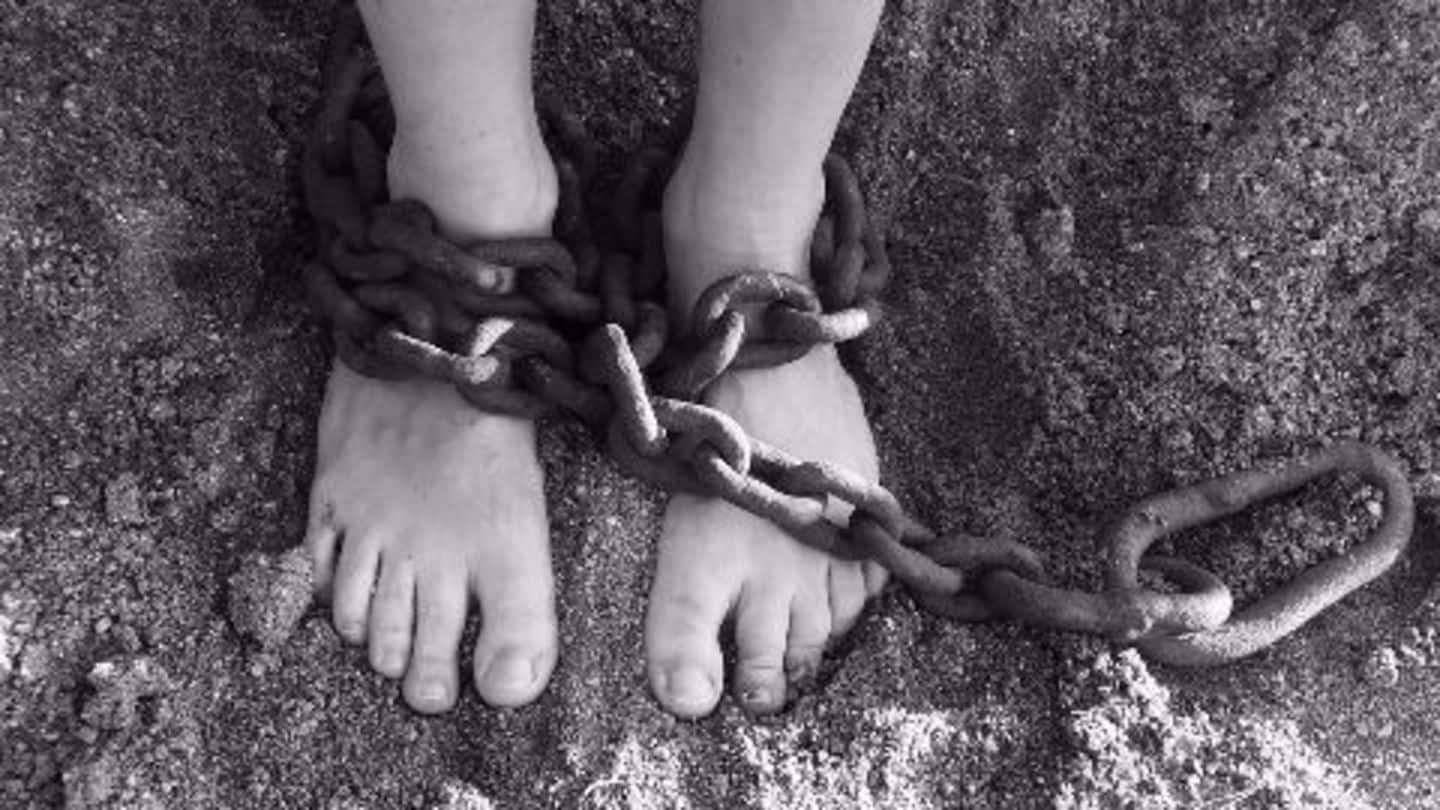
Global Slavery Index:India tops
What's the story
According to the third global slavery report published by the walk foundation, almost 46 million people are living as slaves globally with the greatest number in India However, the highest prevalence of slavery was found in North Korea It estimates of people born into servitude, trafficked for sex work, or trapped in debt bondage or forced labourhas increased by 30% in 2016 from 2014.
Information
Walk Free foundation
Walk Free Foundation's iwas founded by Australian philanthropists, Andrew and Nicola Forrest and their daughter Grace, in 2012. It has developed the world's first all-encompassing global estimate of slavery with country by country data.
Data
Methodology of the study
The 2016 index was based on interviews with about 42,000 people by pollster Gallup in 53 languages in 25 countries. For example, The data for North Korea was compiled through extrapolation, testimony from North Korean refugees and information gathered during three country visits by Walk Free.
India
Status of slavery in India
In India, the researchers conducted 15 state-level surveys and found that the total number of people in 'modern slavery' in 2014 stood at 18.3 million This figure reached to 18.35 million in 2016. Modern slavery involves begging, forced labour, prostitution, huge work burden at a meagre salary, etc. The report says people of less developed countries are prone to be trapped by modern slavery.
Asia
Status of slavery in Asia
In Asia itself, apart from India, China (3.39 million enslaved people), Pakistan (2.13 million enslaved people), Bangladesh (1.53 million people), and Uzbekistan (1.23 million people) altogether consist almost half of the globally enslaved people communion,. Activists says, the situation is improving in the South Asian region thanks to public awareness, legal reforms and police-backed raids on factories employing workers illegally.
India's Efforts
India Anti Trafficking bill
The Indian government's anti-trafficking bill a huge step to end modern-slavery. The Indian government recently published draft legislation to curb human trafficking without punishing its victims. Women and Child Development Minister Maneka Gandhi said, "at present the law says the trafficked and the trafficker are both criminals and they both go to jail. Now, we are saying the victim will not go to jail."